Understanding Anxiety and How Natural Remedies Can Help
Anxiety is a common mental health condition that affects millions of people worldwide. It's characterized by feelings of worry, nervousness, and unease, which can interfere with daily life. While medication and therapy are often prescribed to treat anxiety, many people are turning to natural remedies for anxiety relief.
Natural remedies such as herbal teas, aromatherapy, and meditation can help calm the mind and promote relaxation. In this article, we'll discuss anxiety in more detail, including its causes and symptoms. We'll also explore natural remedies for anxiety relief, including holistic remedies such as acupuncture and massage therapy, and herbal remedies such as chamomile and valerian root.
By the end of this article, you'll have a better understanding of anxiety and how natural remedies can help alleviate its symptoms.
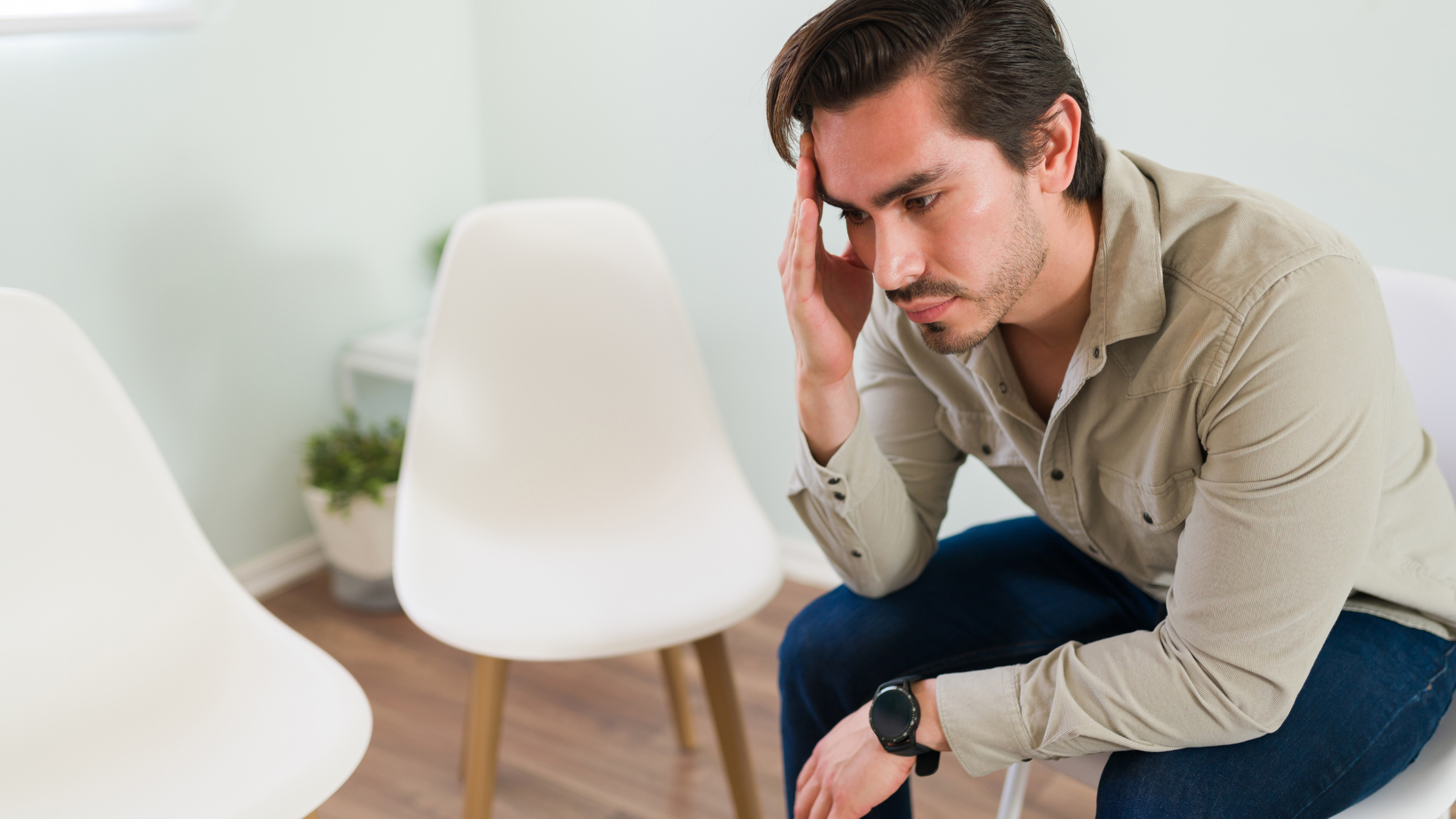
10 Proven Natural Remedies to Reduce Anxiety & Stress

1. Exercise
Regular exercise has been shown to have a positive impact on mental health by reducing anxiety and stress.
It doesn't have to be high-intensity workouts, but even low-intensity activities such as walking, swimming, or cycling can help promote relaxation and reduce stress. Exercise helps release endorphins, which are natural painkillers that also improve mood.
2. Aromatherapy
Essential oils have been used for centuries for their therapeutic properties, and they are an excellent natural remedy for stress and anxiety.
Lavender, chamomile, and peppermint are among the most commonly used essential oils for relaxation and stress relief. You can use a diffuser to disperse the essential oils into the air, inhale the scent directly, or add a few drops to a warm bath.
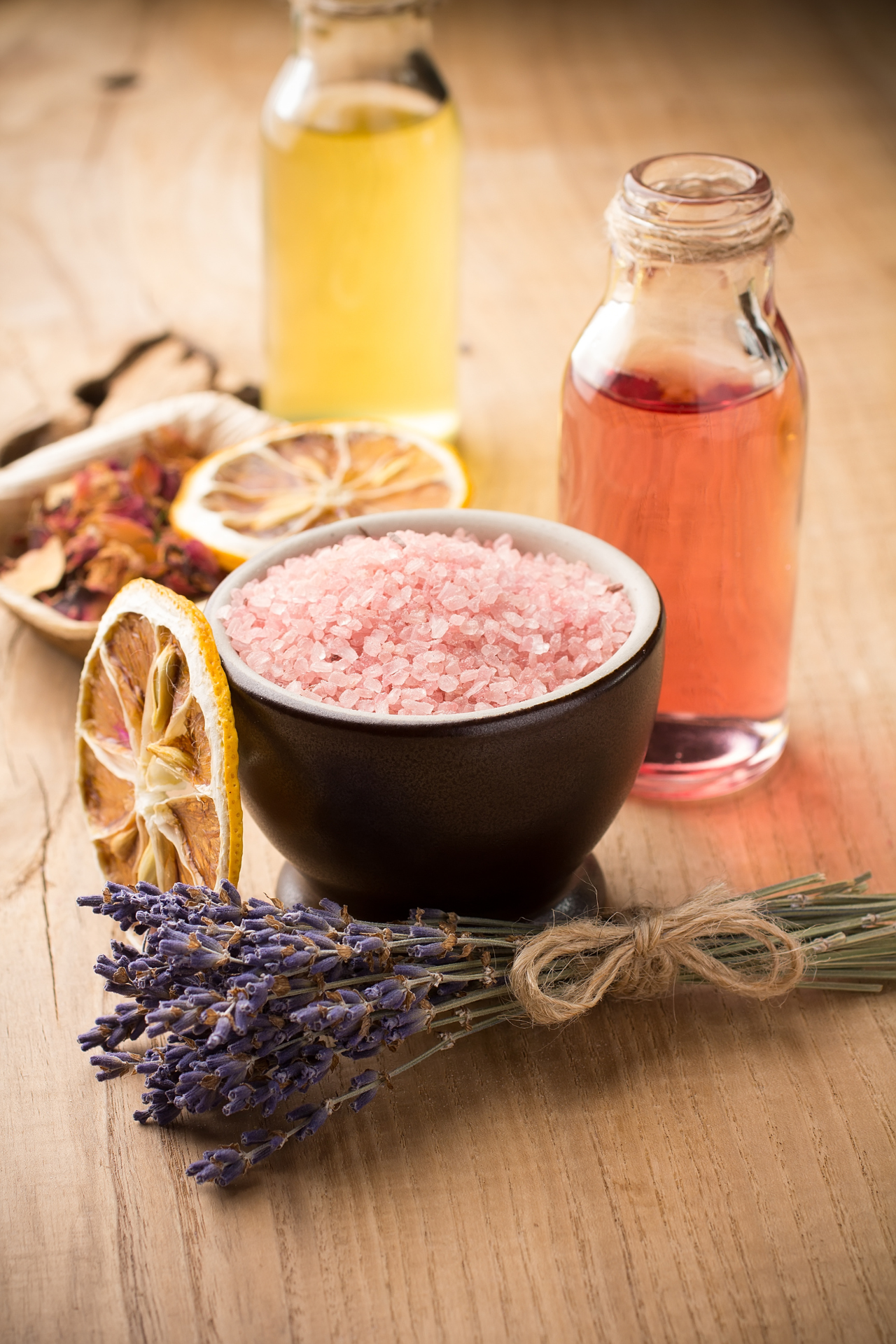
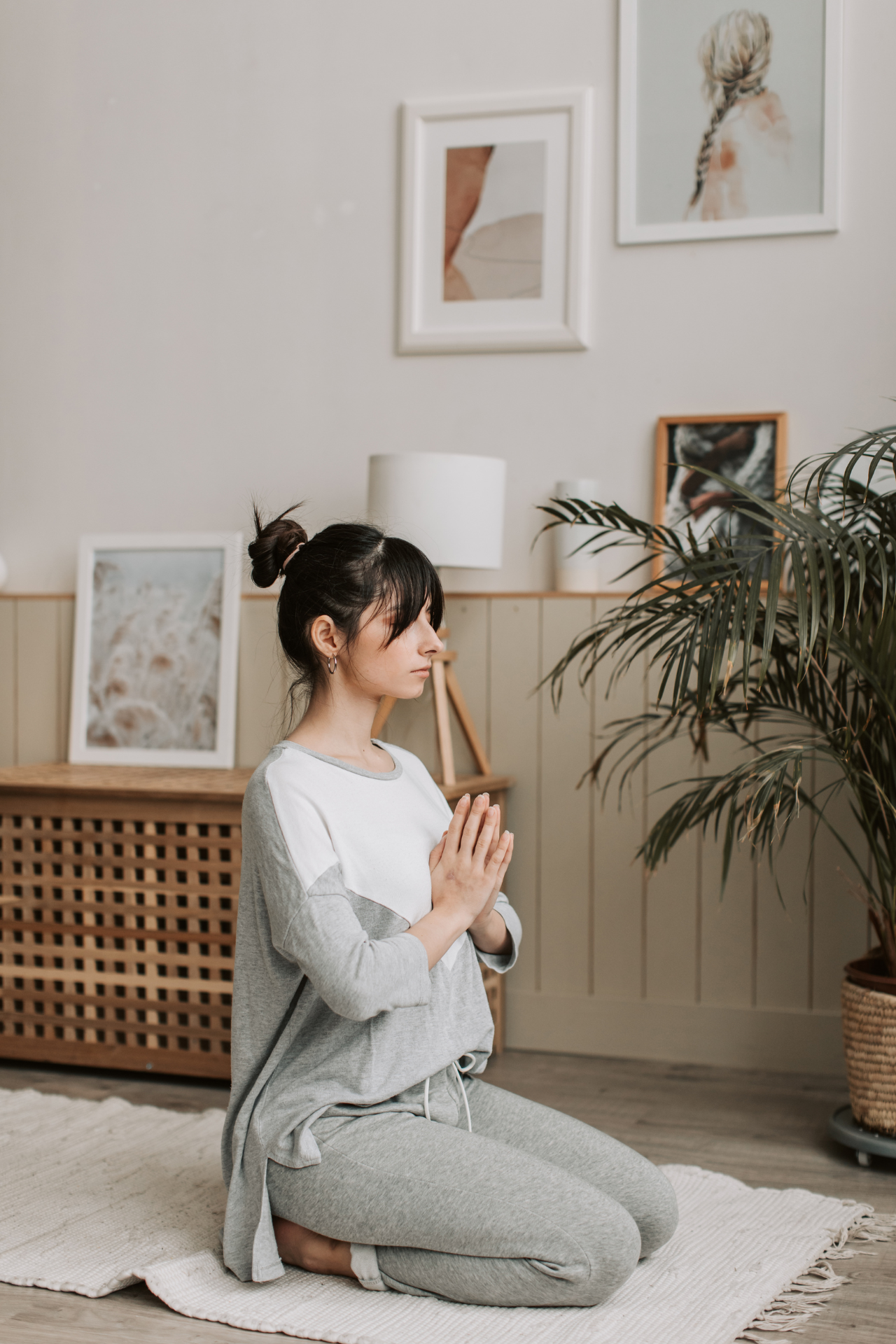
3. Meditation
Mindfulness meditation involves focusing on your breath and observing your thoughts without judgment.
This practice has been shown to reduce anxiety and stress by promoting relaxation and reducing the activity of the amygdala, the part of the brain responsible for the fight-or-flight response. You can practice meditation on your own or use guided meditations.
4. Yoga
Yoga combines physical postures, breathing exercises, and meditation to promote relaxation and reduce stress.
The practice has been shown to reduce the levels of the stress hormone cortisol in the body and improve mood. It's also an effective way to improve flexibility, strength, and balance.
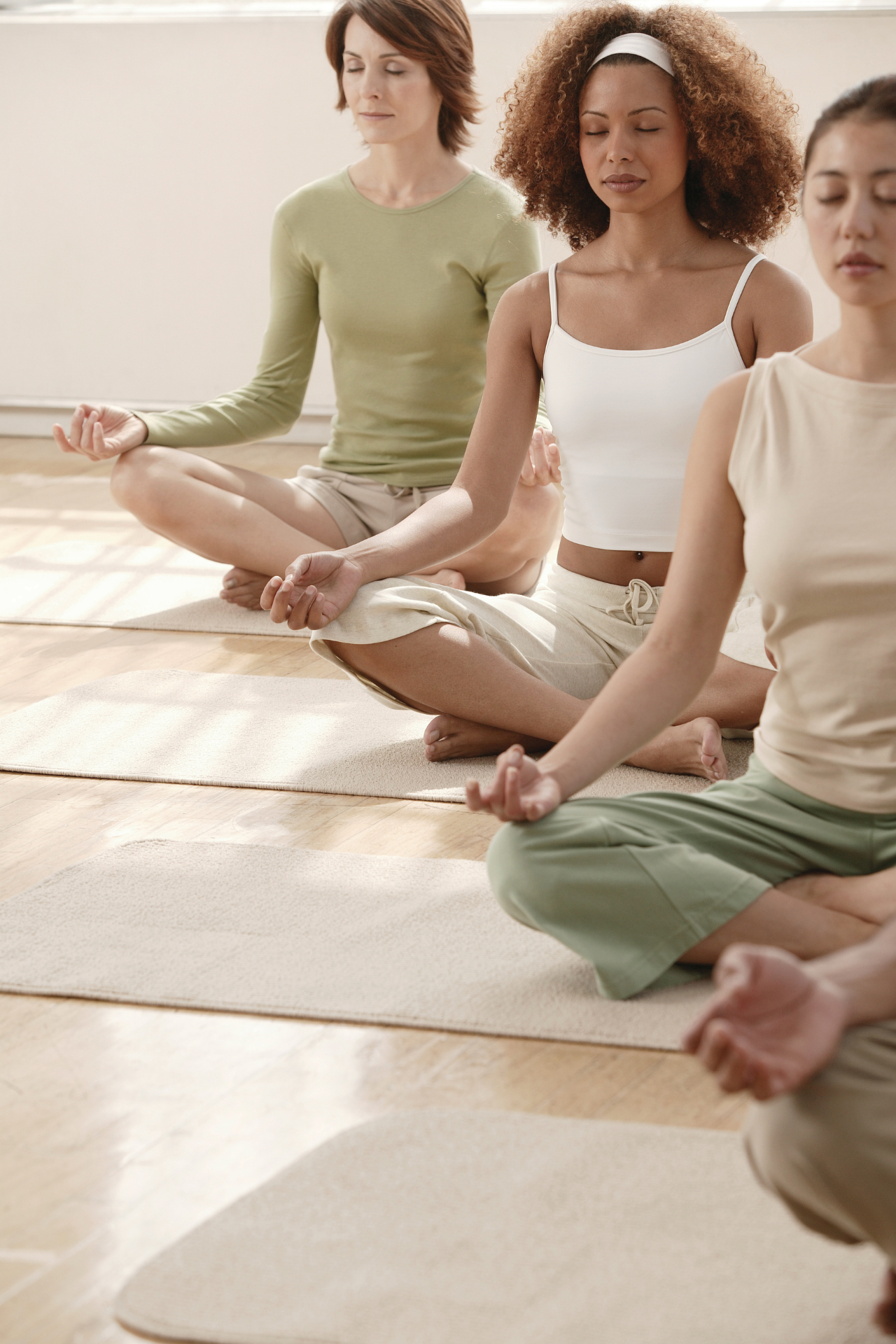
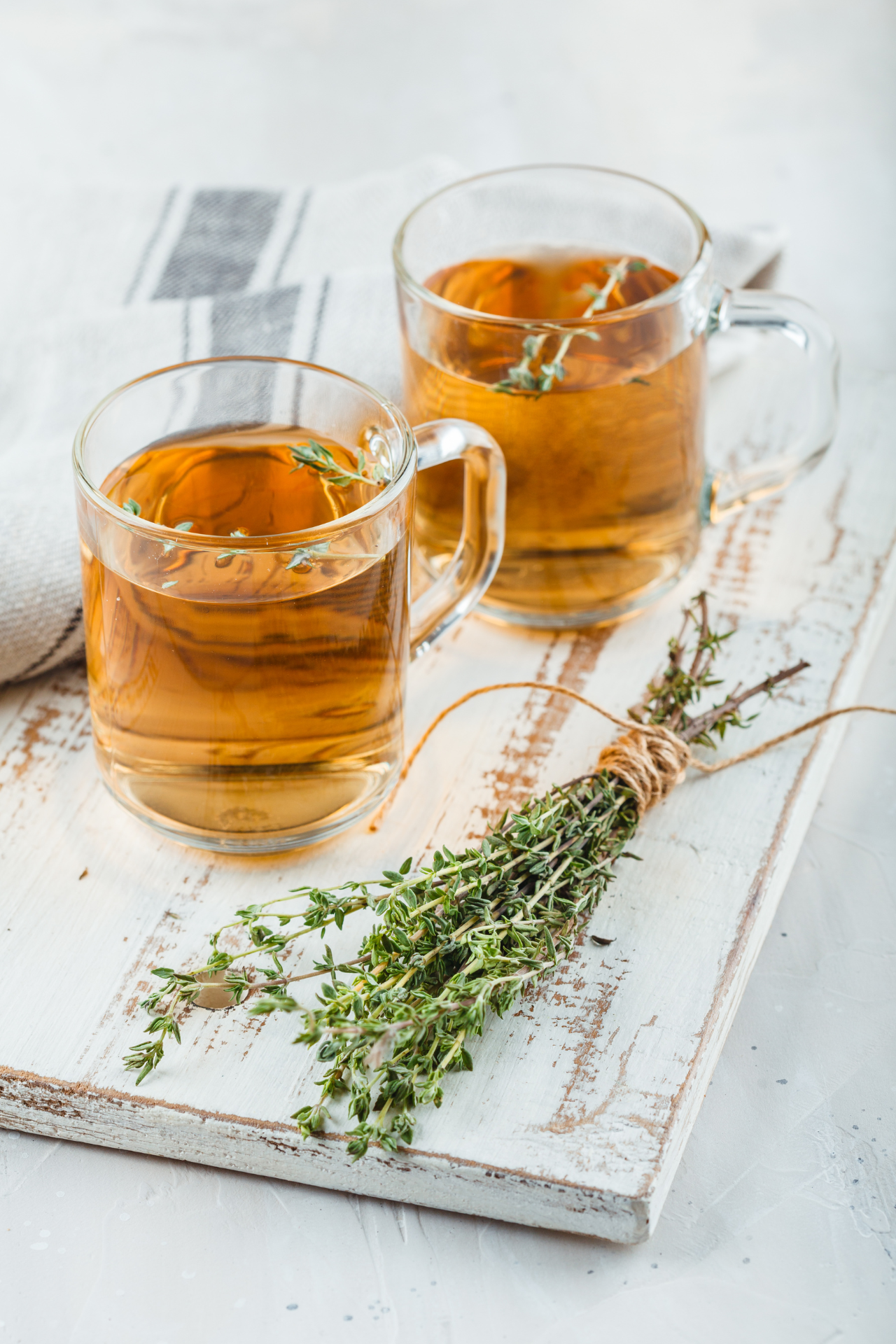
5. Herbal Teas
Drinking herbal teas is an easy and effective way to promote relaxation and reduce stress.
Chamomile, passionflower, and valerian root are among the most commonly used herbs for their calming properties. You can drink the tea hot or cold, and you can add honey or lemon for flavor.
6. Massage Therapy
Getting a massage can help reduce muscle tension and promote relaxation, which can alleviate anxiety and stress.
Massage therapy has been shown to reduce the levels of the stress hormone cortisol in the body and increase the production of serotonin and dopamine, which are neurotransmitters that promote relaxation and improve mood.
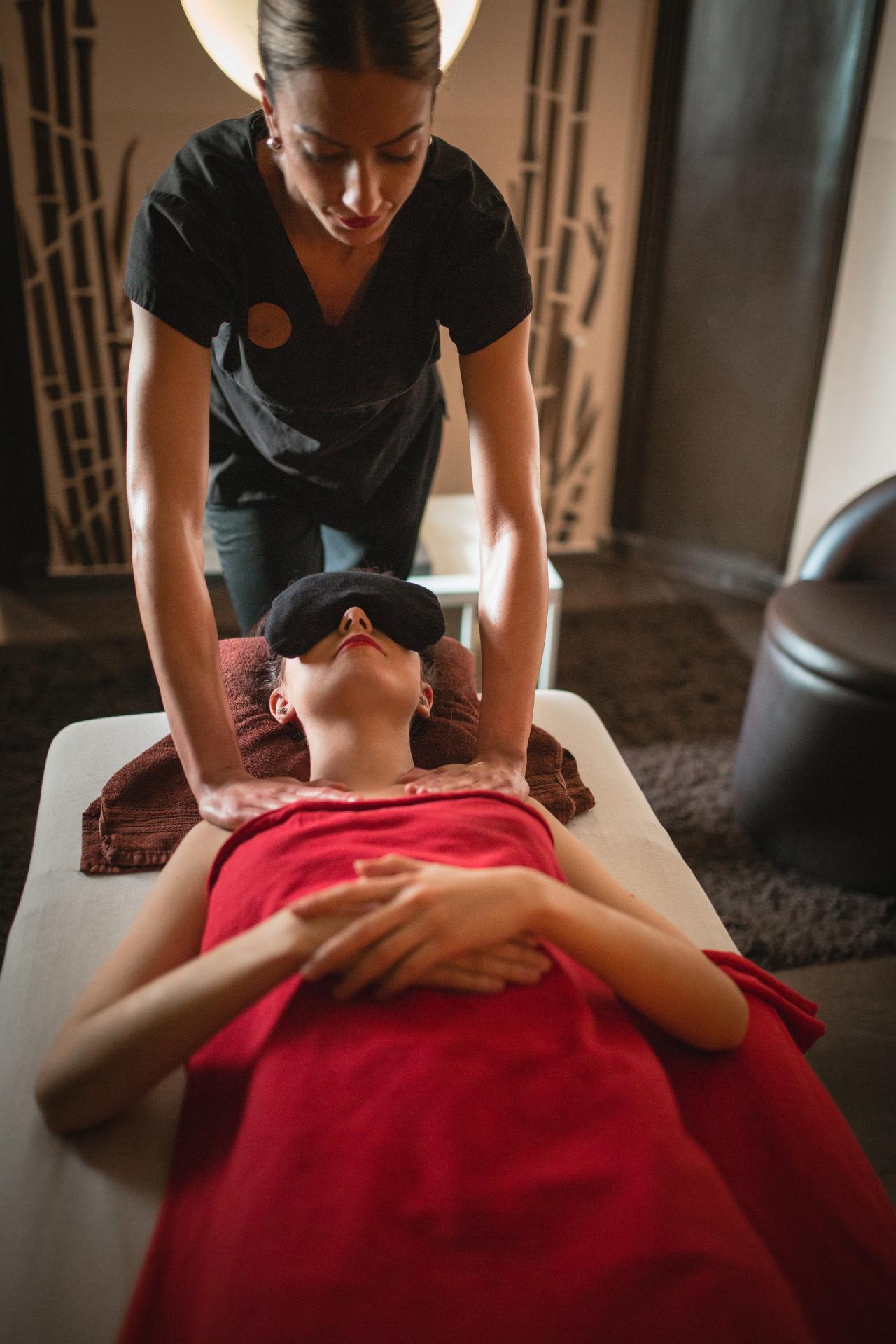

7. Deep Breathing
Deep breathing exercises are a simple yet effective way to reduce stress and anxiety.
Breathing deeply from the diaphragm or belly can help slow down your heart rate, lower your blood pressure, and calm your mind. You can practice deep breathing exercises anytime, anywhere, and it only takes a few minutes.
8. Spending Time In Nature
Spending time in nature is a simple and effective way to reduce stress and anxiety. Studies have shown that being in nature can have a positive impact on mental health by reducing symptoms of anxiety, depression, and stress.
In fact, researchers have found that spending time in nature can have a restorative effect on the brain, improving cognitive function and boosting mood.


9. Acupuncture
Acupuncture involves the insertion of fine needles into specific points on the body to help balance the body's energy flow and promote relaxation.
Acupuncture has been shown to reduce anxiety and stress by stimulating the production of endorphins and serotonin.
10. Dietary Changes
Eating a balanced diet rich in whole foods can help reduce stress and anxiety. Fruits, vegetables, whole grains, and lean protein can provide the essential nutrients needed for optimal mental and physical health.
Avoiding stimulants like caffeine and alcohol can also help reduce stress and promote relaxation. Additionally, consuming foods rich in omega-3 fatty acids, such as salmon and walnuts, has been shown to reduce anxiety and improve mood.
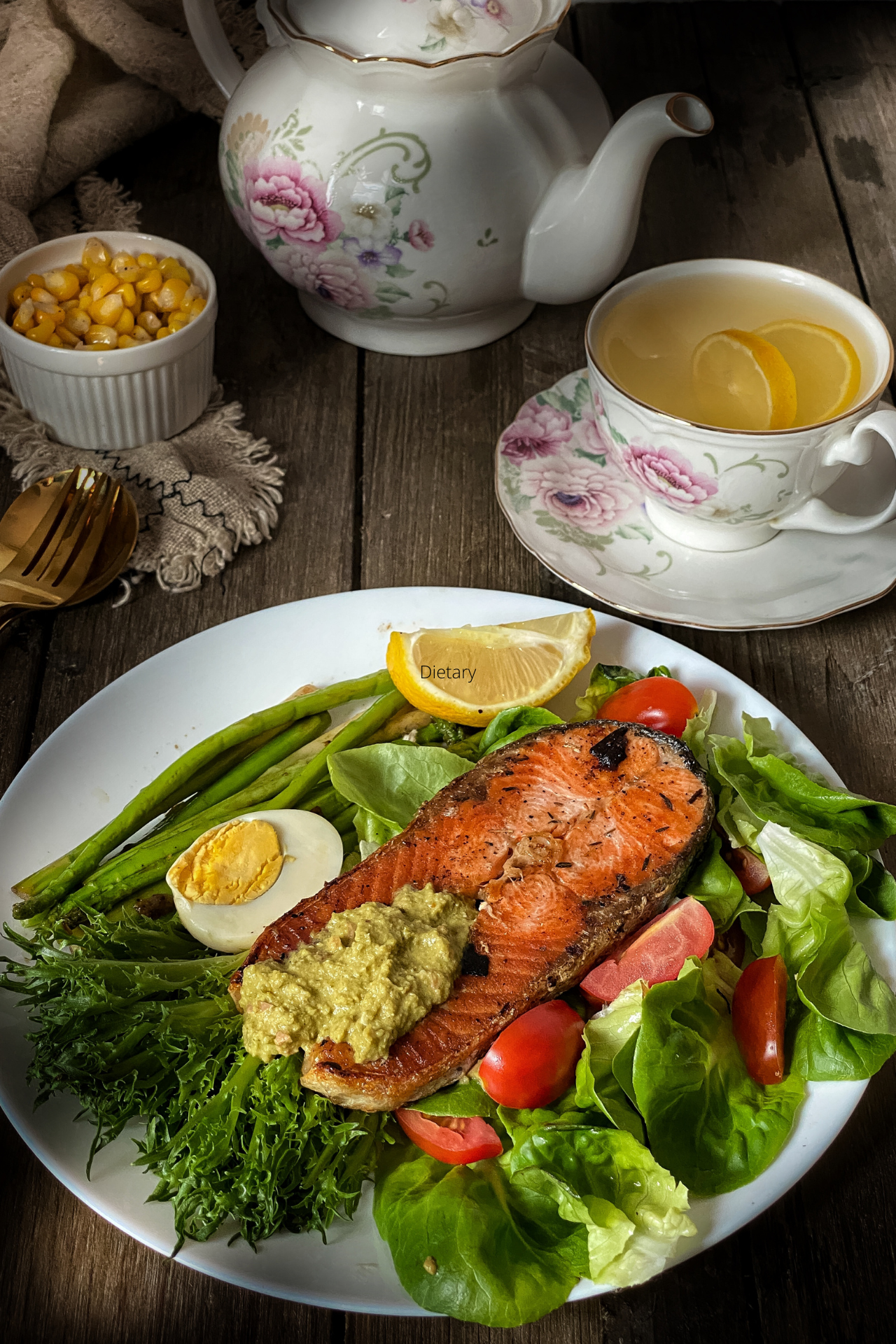
Anxiety-Busting Herbal Supplements & Essential Oils That Really Work
Anxiety is a common mental health condition that can have a significant impact on daily life. While medication and therapy are often prescribed to treat anxiety, many people are turning to natural remedies, including herbal supplements and essential oils, to help alleviate symptoms.
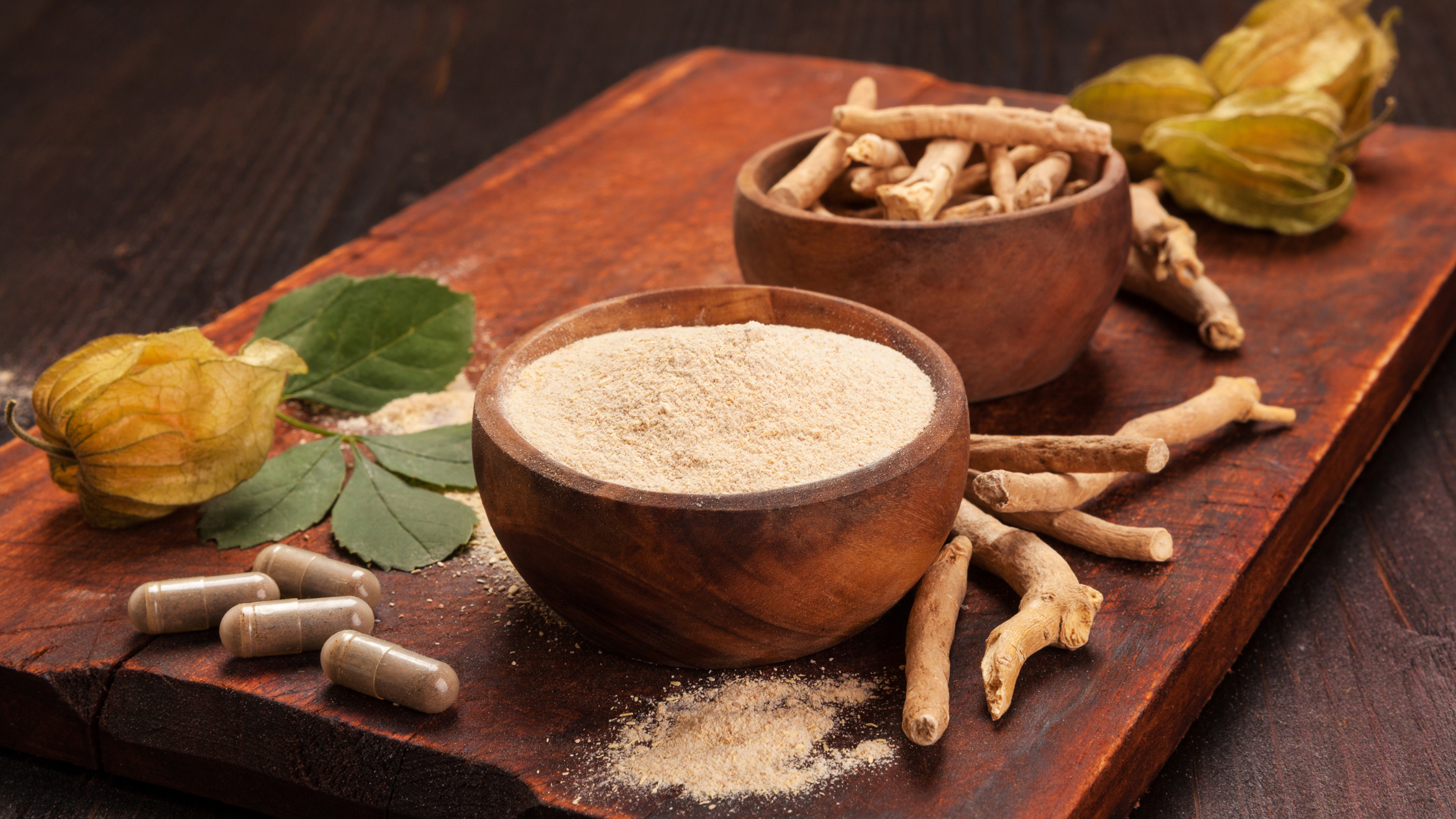
Herbal supplements have been used for centuries to treat a range of health conditions, including anxiety. Here are some of the most popular herbal supplements for anxiety relief:
Ashwagandha
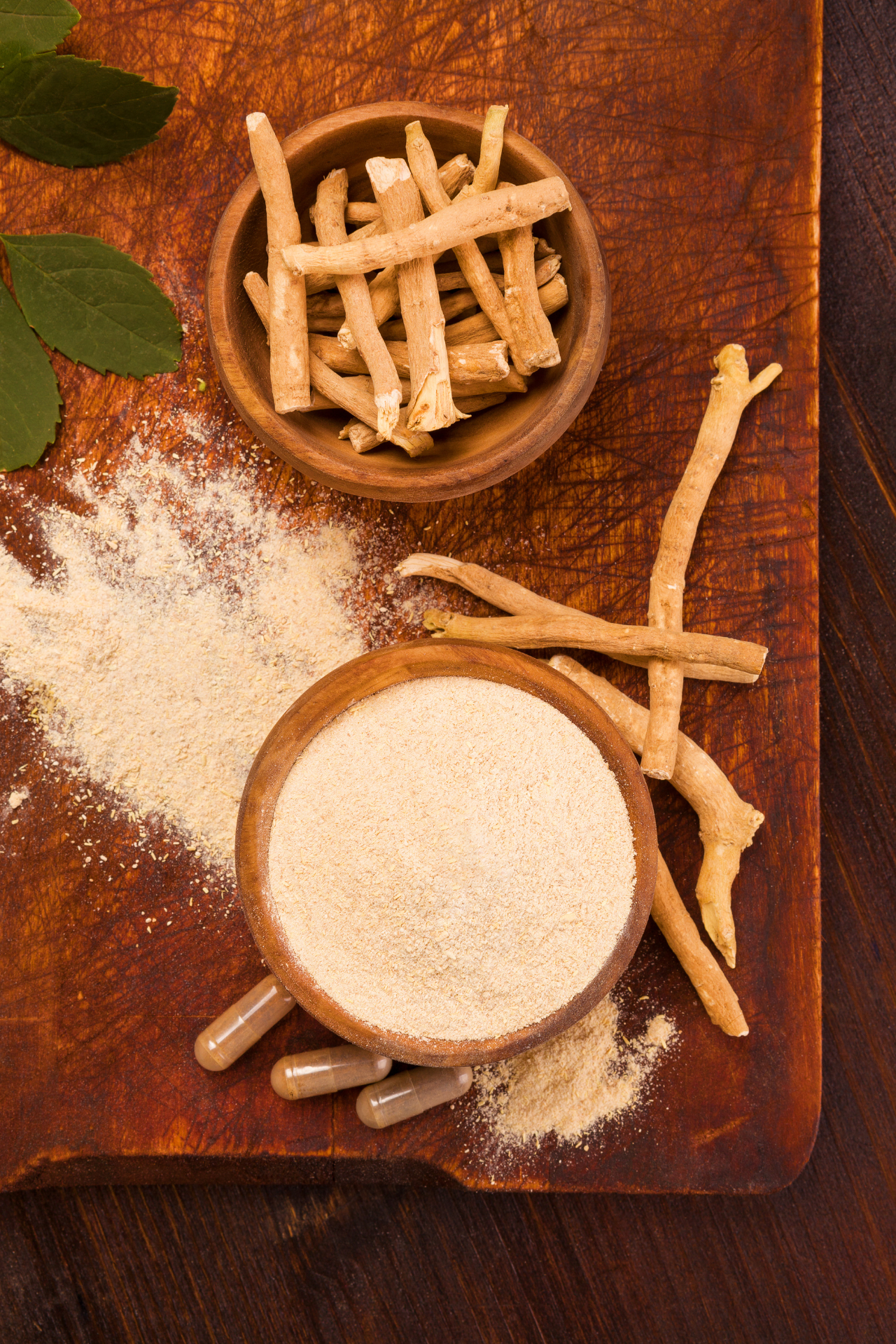
Ashwagandha is an adaptogenic herb that has been used in Ayurvedic medicine for centuries to help the body cope with stress. Research has shown that ashwagandha can help reduce symptoms of anxiety and improve overall well-being.
Passionflower
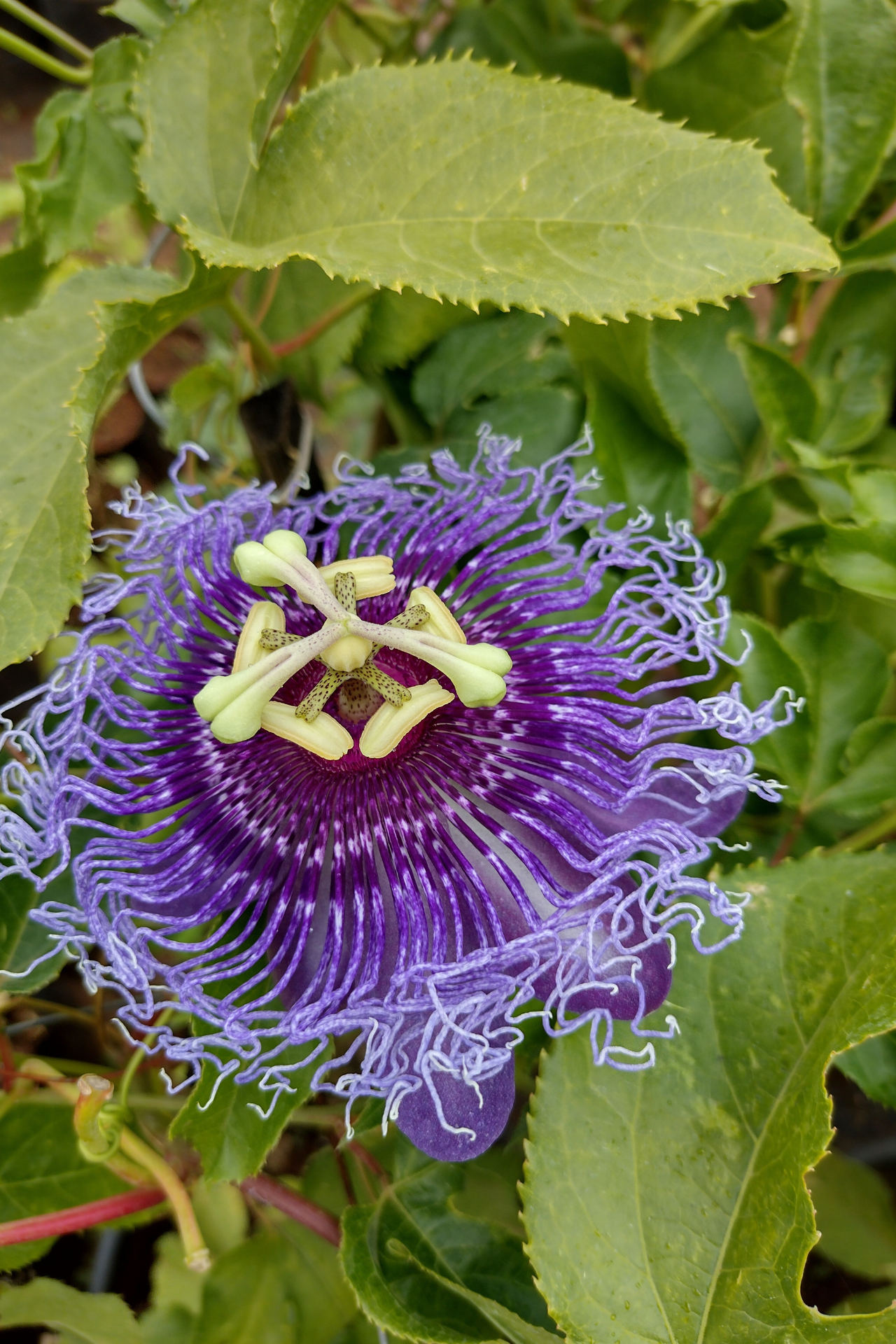
Passionflower is a natural sedative that has been used for centuries to treat anxiety and insomnia. Research has shown that passionflower can help reduce symptoms of anxiety and promote relaxation.
Valerian Root
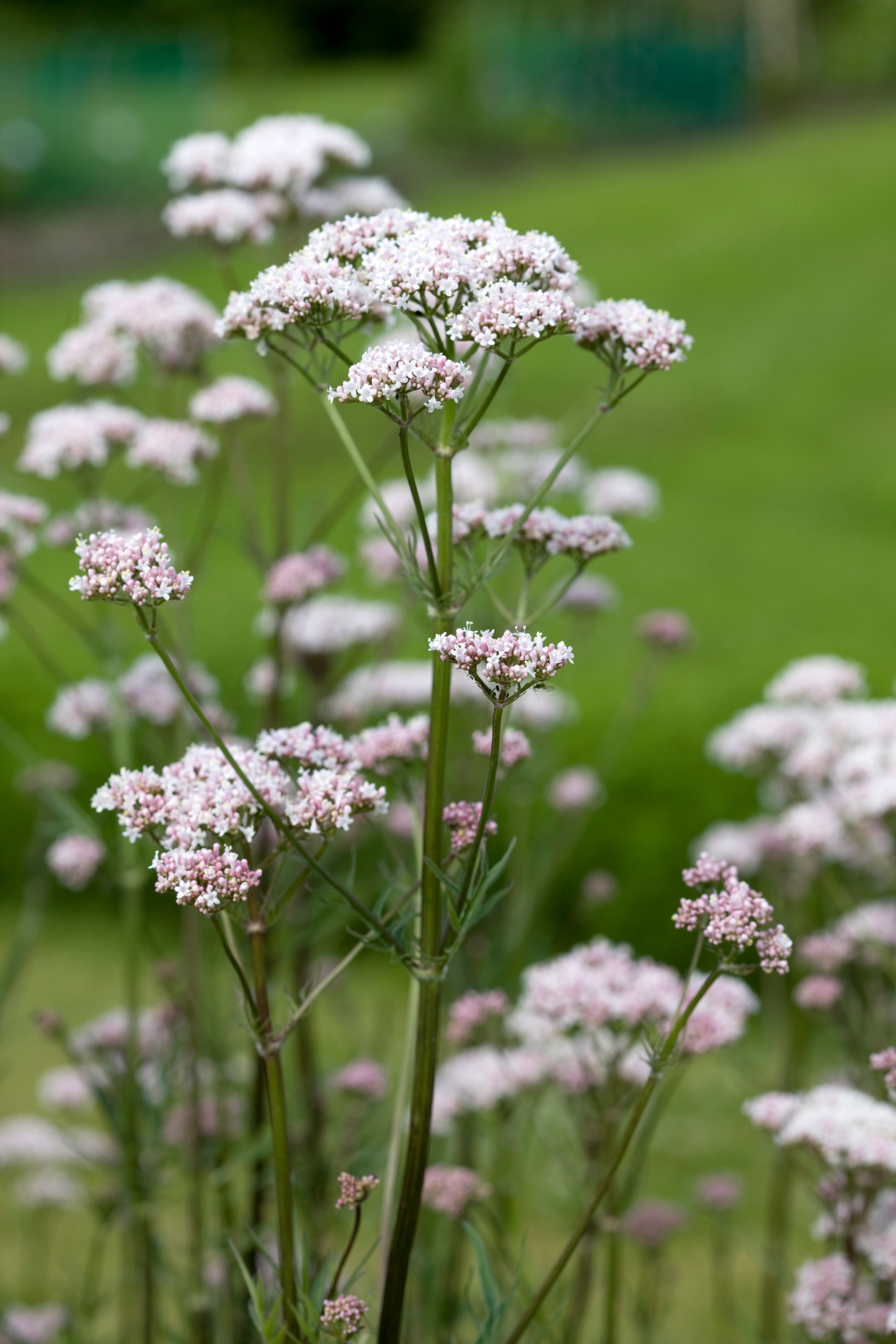
Valerian root is a natural sedative that has been used for centuries to treat anxiety and sleep disorders. Research has shown that valerian root can help reduce symptoms of anxiety and improve sleep quality.
Nutritional Strategies to Support Your Mental Health & Wellbeing
Nutrition plays a crucial role in supporting mental health and wellbeing. A healthy and balanced diet can help reduce the risk of mental health conditions, such as anxiety and depression, while also improving overall cognitive function.
Certain foods have been shown to help relieve stress and anxiety. These include:
- Fatty fish: Fatty fish, such as salmon and tuna, are rich in omega-3 fatty acids. Omega-3s have been shown to help reduce symptoms of anxiety and depression.
- Dark chocolate: Dark chocolate contains compounds that have been shown to help reduce stress and anxiety. However, it's important to choose high-quality dark chocolate with a high percentage of cocoa.
- Berries: Berries, such as blueberries and strawberries, are rich in antioxidants that can help reduce inflammation and improve brain function.
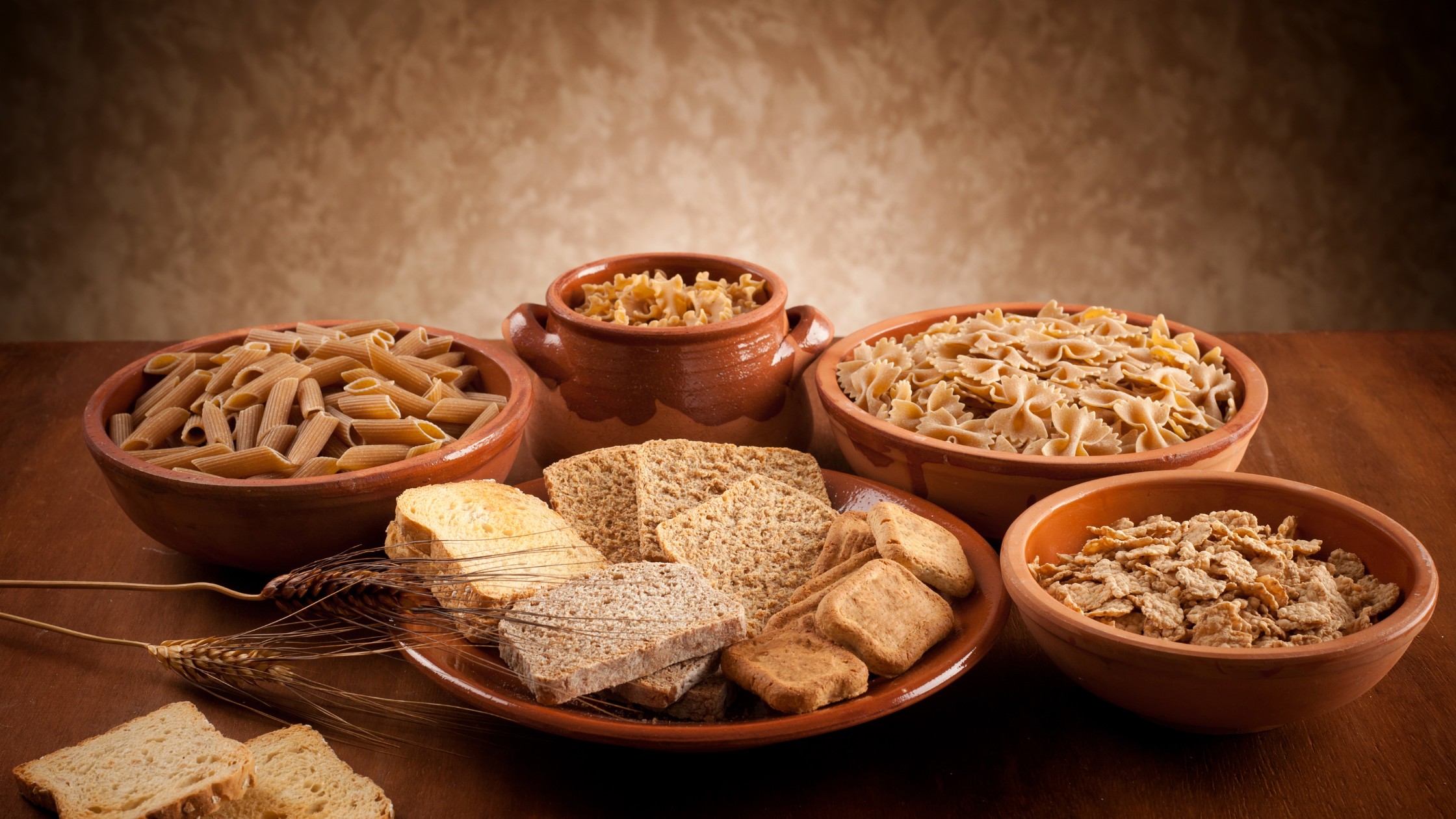
A mental health diet plan should focus on whole, nutrient-dense foods. Here are some guidelines to follow:
- Include plenty of fruits and vegetables: Fruits and vegetables are rich in vitamins, minerals, and antioxidants that can help support mental health.
- Choose whole grains: Whole grains, such as brown rice and quinoa, are a good source of fiber and can help regulate blood sugar levels.
- Include lean protein sources: Lean protein, such as chicken, turkey, and tofu, can help support brain function.
Avoid processed foods: Processed foods are often high in sugar and unhealthy fats, which can have a negative impact on mental health.

In addition to following a healthy and balanced diet, there are some specific nutrients that can help support mental health. These include:
- B vitamins: B vitamins, such as folate and B12, are important for brain function and can help reduce symptoms of depression.
- Magnesium: Magnesium is important for regulating mood and can help reduce symptoms of anxiety.
- Zinc: Zinc is important for brain function and can help reduce symptoms of depression.
- Probiotics: Probiotics are beneficial bacteria that can help improve gut health. Research has shown that gut health is closely linked to mental health.
Lifestyle Habits That Can Help Manage Your Anxiety & Stress Levels
Managing anxiety and stress is essential for maintaining mental health and overall wellbeing. While there are various treatment options available, making some simple lifestyle changes can also go a long way in reducing stress and anxiety levels.

In conclusion, managing anxiety and stress levels is crucial for maintaining mental health and wellbeing. By making some simple lifestyle changes, such as exercising regularly, practicing mindfulness, getting enough sleep, eating a healthy diet, practicing time management, connecting with others, and taking breaks, you can effectively manage your stress and anxiety levels. Try incorporating these lifestyle habits into your daily routine, and monitor how they impact your mental health and wellbeing.

Although I don’t have an anxiety disorder, I’ve always believed that using chemicals to control anxiety doesn’t get to the root of it.
People are also animals, suitable for nature. Most people stay in the city all their lives, which leads to mental problems in the long run.
As mentioned in the article, it will be better to use natural remedies.
For me, going out for a walk on weekends is a great way to relieve stress.
If you are too lazy to go out, you will let yourself meditate for a few minutes, and your mood will really be much better.
Thank you for taking the time to share your thoughts and experiences with us. We appreciate your insightful comment and agree that natural remedies can often be a more effective way to address anxiety than relying solely on medication.
Your suggestion of going for a walk and meditating as ways to relieve stress are great examples of natural remedies that can improve overall well-being. We are glad to hear that these strategies work well for you and hope that others can find similar relief through natural means.
Thanks for sharing!
Natural remedies for anxiety relief, including herbs, have become increasingly popular. However, just a reminder that it is important to note that these herbs can interact with certain prescription medications, leading to adverse effects. Therefore, it is crucial to consult with a healthcare professional before taking any herbal supplements for anxiety, especially if you are currently taking prescription medication. Your healthcare provider can guide you on the proper use and dosage of natural remedies to ensure their safety and effectiveness.
Thank you for reading and leaving a comment! I completely agree with you that it’s important to take caution when using natural remedies, such as herbs, for anxiety relief. You make an excellent point about potential interactions with prescription medication and the importance of consulting with a healthcare professional beforehand.
I always recommend seeking guidance from a healthcare provider before incorporating any new supplements or remedies into your routine, especially if you’re currently taking prescription medication. It’s better to be safe than sorry!
Thanks again for your thoughtful comment and for emphasizing the importance of consulting with a healthcare professional.